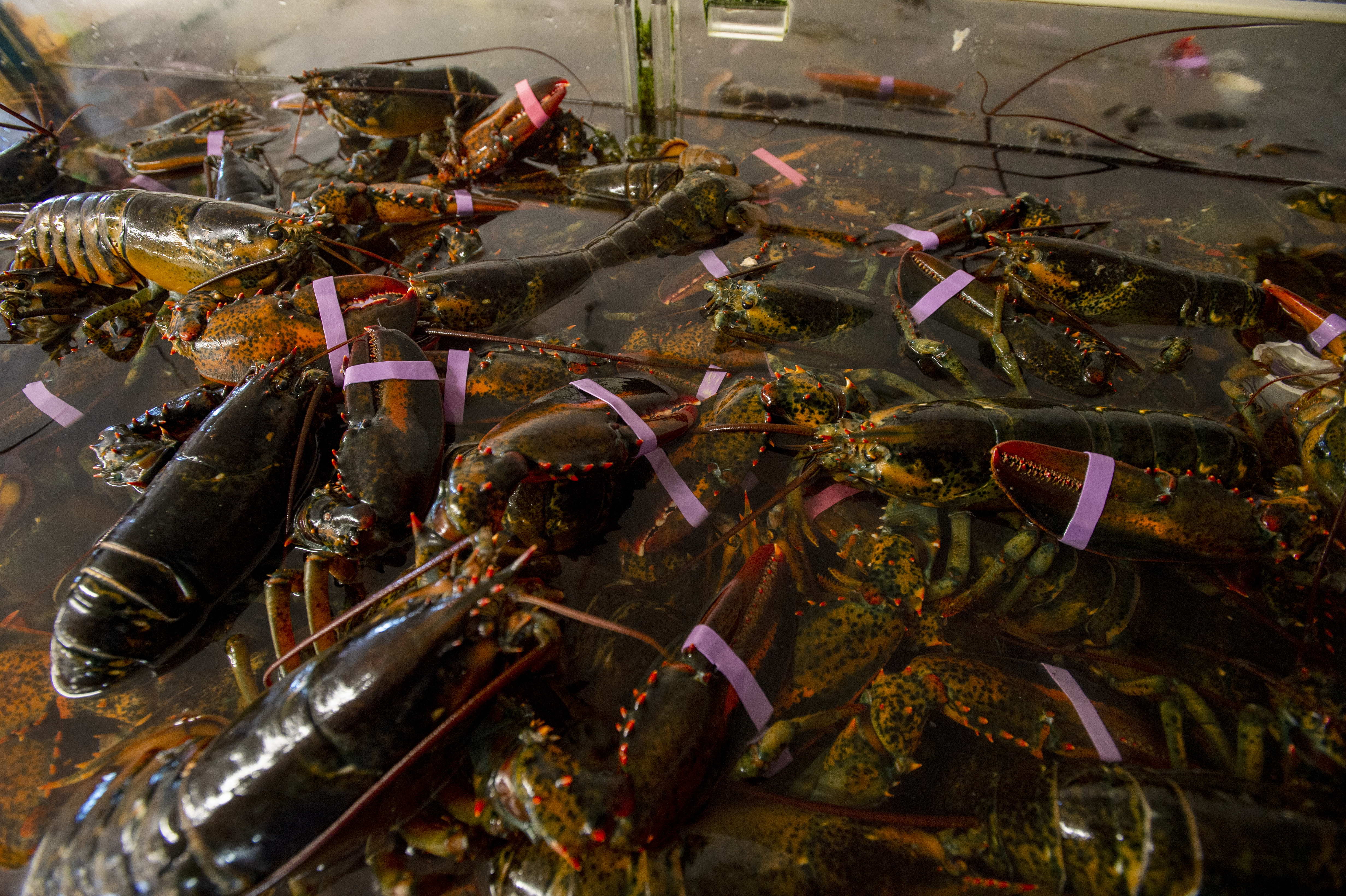Cooking a lobster alive? Whether this is legal depends on where in Europe you are cooking

At the end of the year, water tanks in supermarkets are traditionally filled with lobsters. Whether these animals go into the cooking pot unanesthetised depends on the country where they are on the menu.
The European Food Safety Authority (EFSA) considers lobsters to be sentient beings in their own right. Therefore, the body advises against boiling, roasting or cutting crustaceans alive. However, few EU member states currently pay attention to how lobsters meet their end.
In Belgium, the Brussels Council for Animal Welfare has drafted an opinion suggesting crustaceans be killed electrically before cooking. "Cooking a lobster alive is a barbaric practice," said Mariella Debille, vice president of the Brussels Council for Animal Welfare. "The Brussels and the Walloon Council for Animal Welfare have issued explicit opinions in Belgium. But politically, there has been little movement so far, which is unfortunate," she stated.
In Switzerland, throwing lobsters alive into boiling water has been banned for several years. Instead, the animals are required to be stunned. "Numerous studies show that lobsters, like other animals, feel pain and stress," said the Swiss food safety agency spokesperson. It made Switzerland the first country to ban the animal-unfriendly practice by law.
In Austria and New Zealand, live, and unanaesthetised cooking of crustaceans is also illegal. Whether or not to cook lobsters alive is also on the agenda in the UK. It was prompted by a study by the London School of Economics (LSE), which provided solid scientific evidence that decapod crustaceans and cephalopod molluscs are sentient.
Earlier, biologist Robert Elwood had also found that these animals experience pain. The Queen's University of Belfast professor noted that lobsters that feel pain might show behavioural changes similar to those of other species. For example, they rub a painful paw or changes in their behaviour can be observed after administering painkillers.
© Joseph Prezioso / AFP